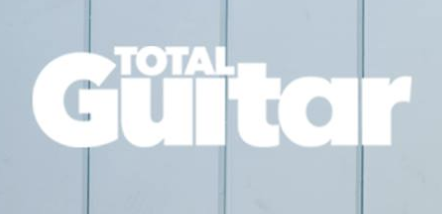How to record remote sessions, according to one successful pro guitarist
Lockdown has forced more and more of us to work remotely - including session musicians. Here's how to get started
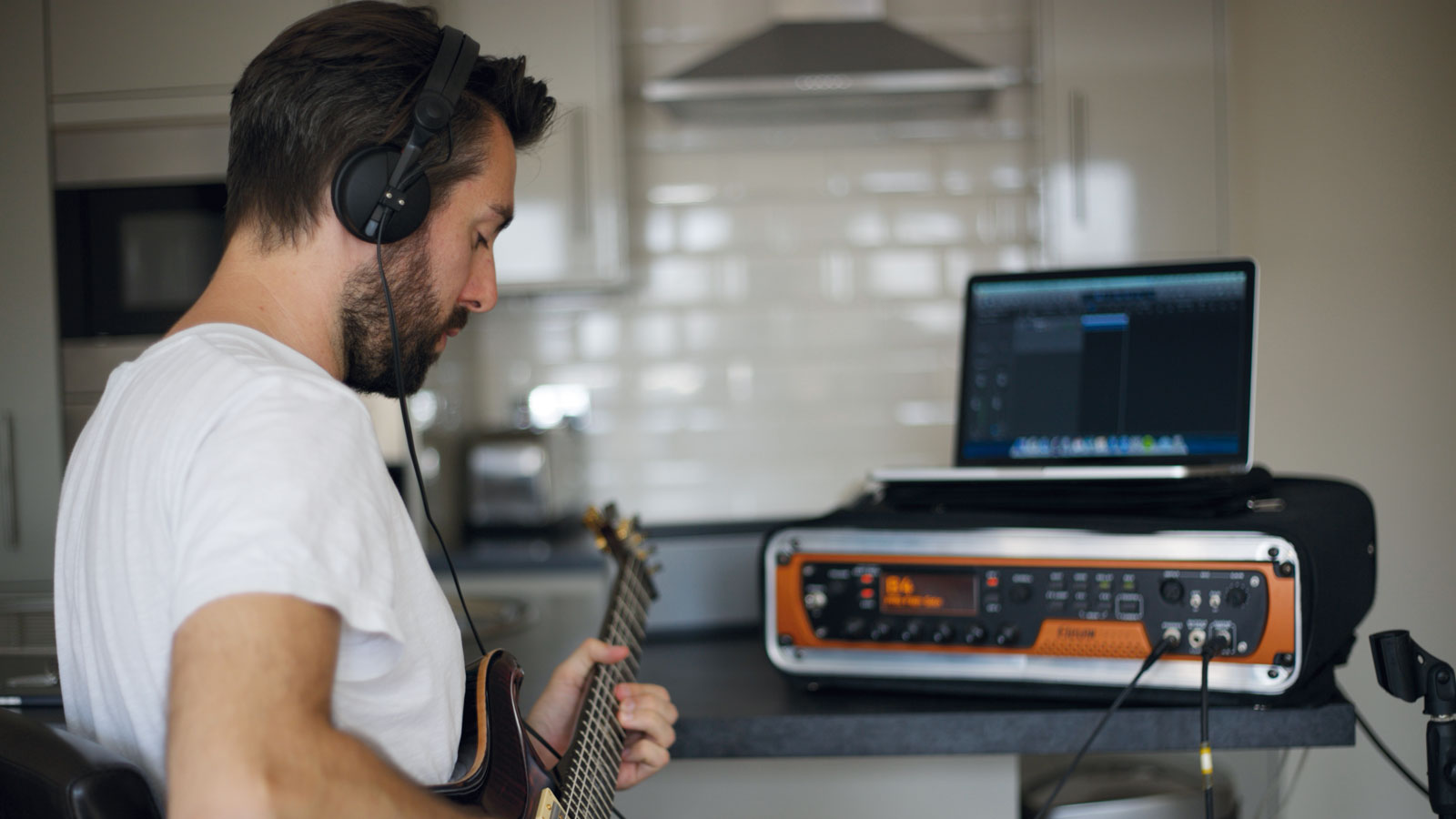
The world of session playing is changing. Multi-million pound studio complexes have given way to project studios. The availability of recording gear means you can create pro-quality tracks at home.
When he's not on the Mama Mia tour, Ollie Hannifan is at his computer, recording guitar parts remotely via his Gui. Here, he explains how it works, and how you - with a simple website, some basic gear, and an internet connection - can do it too…
How did you get started playing these remote online guitar sessions?
"It was just friends who were doing similar things; trying to get their own projects going or doing things for other people, and they'd need stuff doing, so they'd ask. They'd either send it over and get me to do it, or they'd come to mine."
"To begin with there was quite a lot of unpaid work, to be honest. After a certain point I had to say 'I can't do it anymore if there's no money'"
Was there an element of having to do some unpaid work to begin with? How long did you have to do that before you started getting paid sessions?
"Yeah, to begin with there was quite a lot of unpaid work, to be honest. It was bands that needed some stuff doing, I ended up working with them for about six months and in the end I got paid with a guitar, which was nice!
"I remember I actually had to ask in the end; after a certain point I had to say 'I can't do it anymore if there's no money', and they agreed to pay me a daily rate. But I did have to decide that for myself."
Want all the hottest music and gear news, reviews, deals, features and more, direct to your inbox? Sign up here.
Did this period help to produce paid work?
"Yeah, definitely. Definitely people that I've worked with before, or in bands or live situations have offered me work. I've had a few offers specifically for online work from people that I haven't met, through other online session players."
So who are your main clients?
"It's mainly singer-songwriters, but also corporate stuff. I do a lot of stuff for a dance company, reproducing songs, which I really enjoy.
"Anything from Michael Bublé to Avril Lavigne and everything in-between, a lot of pop. Understanding the original is key, and then going a little bit off-piste."
Do you charge per track?
"Yeah, unless you're doing a whole album, then you could work out a day rate if there's a whole bunch of stuff to record; but I usually charge by the song, so an acoustic and an electric guitar part."
Were there things you struggled with at first?
"Yeah, I think getting used to the software takes a little while. For a start, I couldn't find the on switch for my Mac, so that was a good start! I hadn't used Logic for quite a few years. I'd been using Windows for years and I just couldn't figure it out. But in the end I discovered loads of YouTube tutorials, which were great!
"In terms of getting stuff done, I always used to find it quite stressful because I didn't take enough breaks. When you're recording by yourself, and you're hitting start and hitting stop, and trying to play it, I used to get in a rush and end up spending more time on it than it needed. Whereas now I spend much more time practising in advance until I can nail it, and then I'll record it, instead of trying to learn it as I record it."
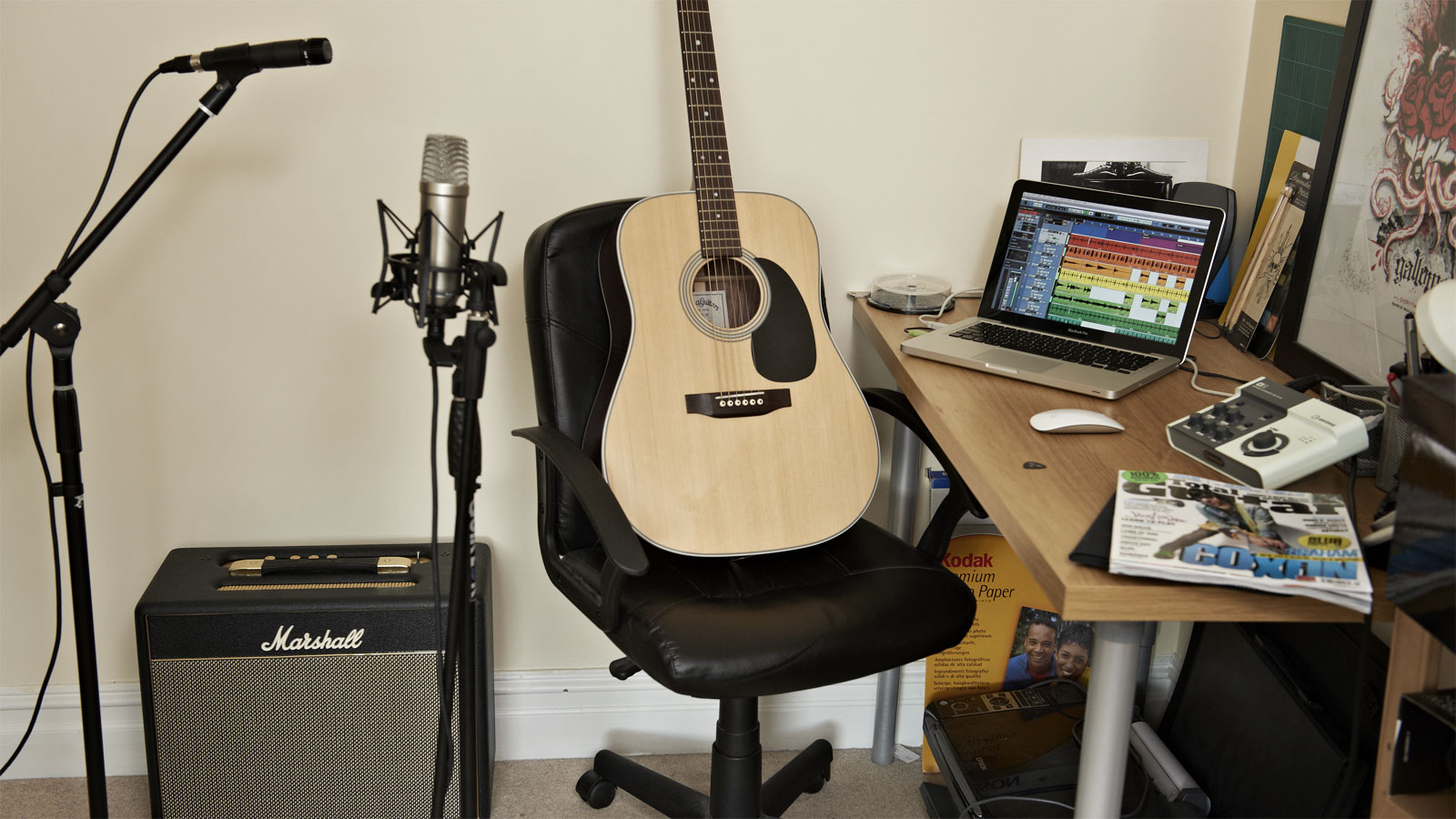
What gear do you need?
"Getting that first setup can be quite intimidating, because it is quite an investment. The amount you'd have to make to make back what you're spending is quite a lot. I use an iMac at home, and I have a DigiDesign Eleven rack and a decent mic for acoustic stuff, and that works great.
"I've actually done quite a lot of fully professional stuff using just that. Recording yourself is good for your playing anyway, and it allows you to be creative."
What about recording acoustic?
"I've forgotten which model I use, it's an SE Electronics one that costs about £300. It just sounds clear, and I spent quite a bit of time trying out different mic placements around the guitar; that really helps.
"I think that if you have a nice, reasonable mic, it will pick up what it's hearing. So, with acoustic stuff it's much more to do with things like different picks and mic placements to get the sound, and eventually you will get what you want."
Do clients get hung up on valve tone?
"I've never had that. I've got all that stuff, but living in London I just can't play through a loud valve amp. To be honest, I've never been asked to use a real valve amp in that situation."
"It's way more about understanding tone, playing in time and being tasteful"
What level of ability is needed for playing online sessions?
"It's way more about understanding tone, playing in time and being tasteful. That's way more important than technique. When it comes to recording, it's probably going to be a singer-songwriter's song, so it's all about making it sound good, and like a part rather than a guitar solo.
"If you can provide something in time and creative, then that's the most important thing. Imagine you were playing it live in a pub, that's how it needs to sound - the right chords at the right time, and have a good feel."
Do you need to read music?
"In this environment, nobody has ever put a piece of sheet music in front of me. But, certainly, for a lot of the live stuff I do, I have had that. Learning to read, I would say it's essential, but if you want to do this as a hobby or make a bit of money, I don't think it's anything to get too upset about."
How do you work out the parts?
"Quite often, it's just by ear, which is something I enjoy doing. Having learnt to play the guitar by playing along to loads of songs, and learning how songs are structured and how chords work together is probably the best thing."
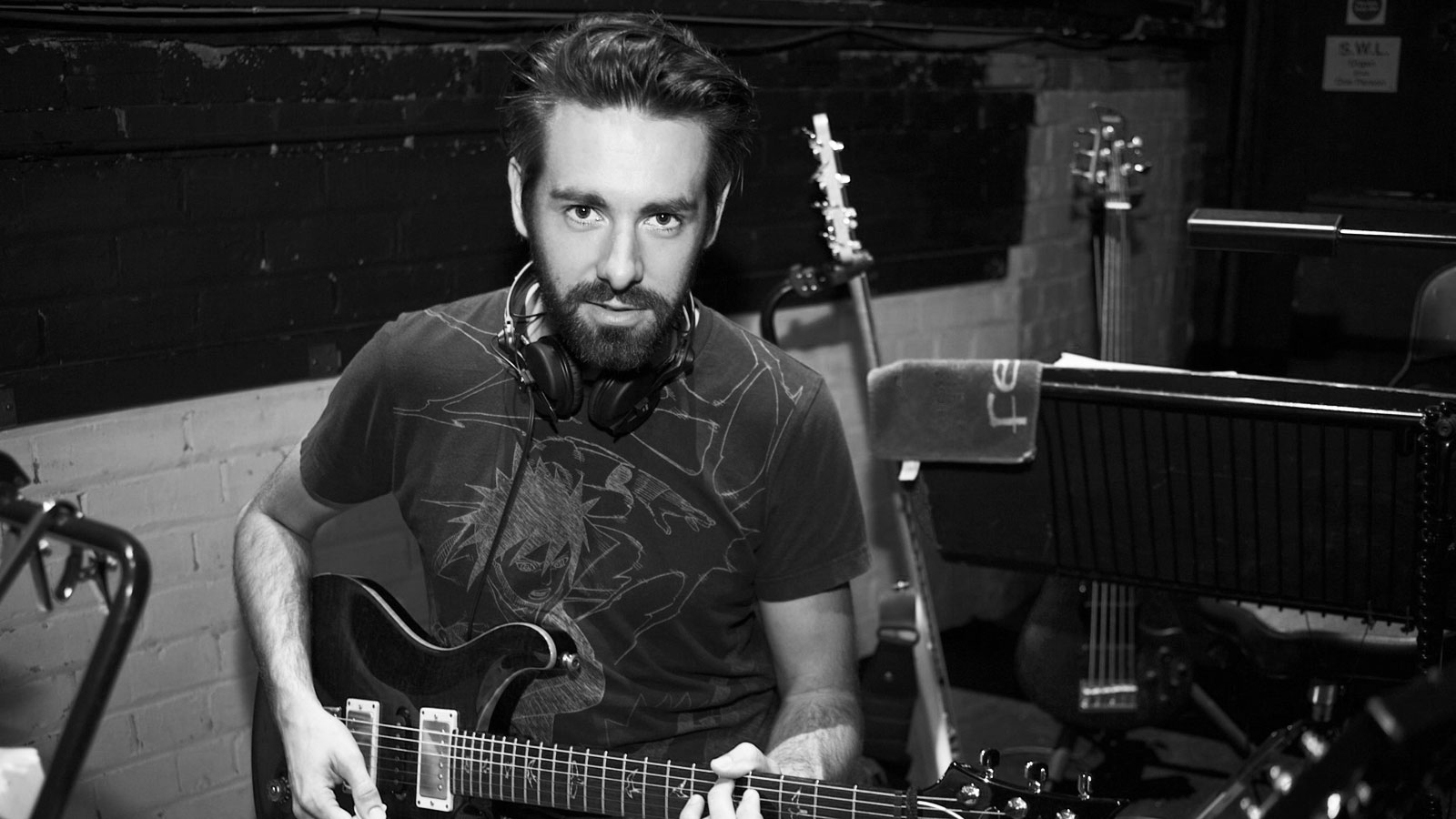
Ollie Hannifan does remote session work between his shifts on tour with musical production Mamma Mia
How much time do you spend on each tune? Do you restrict yourself?
"Now I do, yeah. It's a good idea to give yourself deadlines; as soon as you have a timeframe it'll help you get it done. I usually charge per track, and some tracks can be really quick, other tracks take longer."
Do you encounter odd timings?
"It's pretty much straight 4/4 stuff. Anyone writing songs in 11/8 is likely to have their own band members to play it. I'm in a prog band myself, and you don't get many prog players needing session guys."
What do you do if the client isn't happy with your tracks?
"I have had that, but it's never been a problem. It's easy to get offended, when actually it's not really worth it. They hear it differently, and you just need to accept that. If they're employing you then that's the deal."
Do you have a limit to how many times you'll re-submit a track?
"To begin with, it can be difficult to please the client first-time around. There are going to be things they're not happy with, and there are going to be things that they want to be redone."
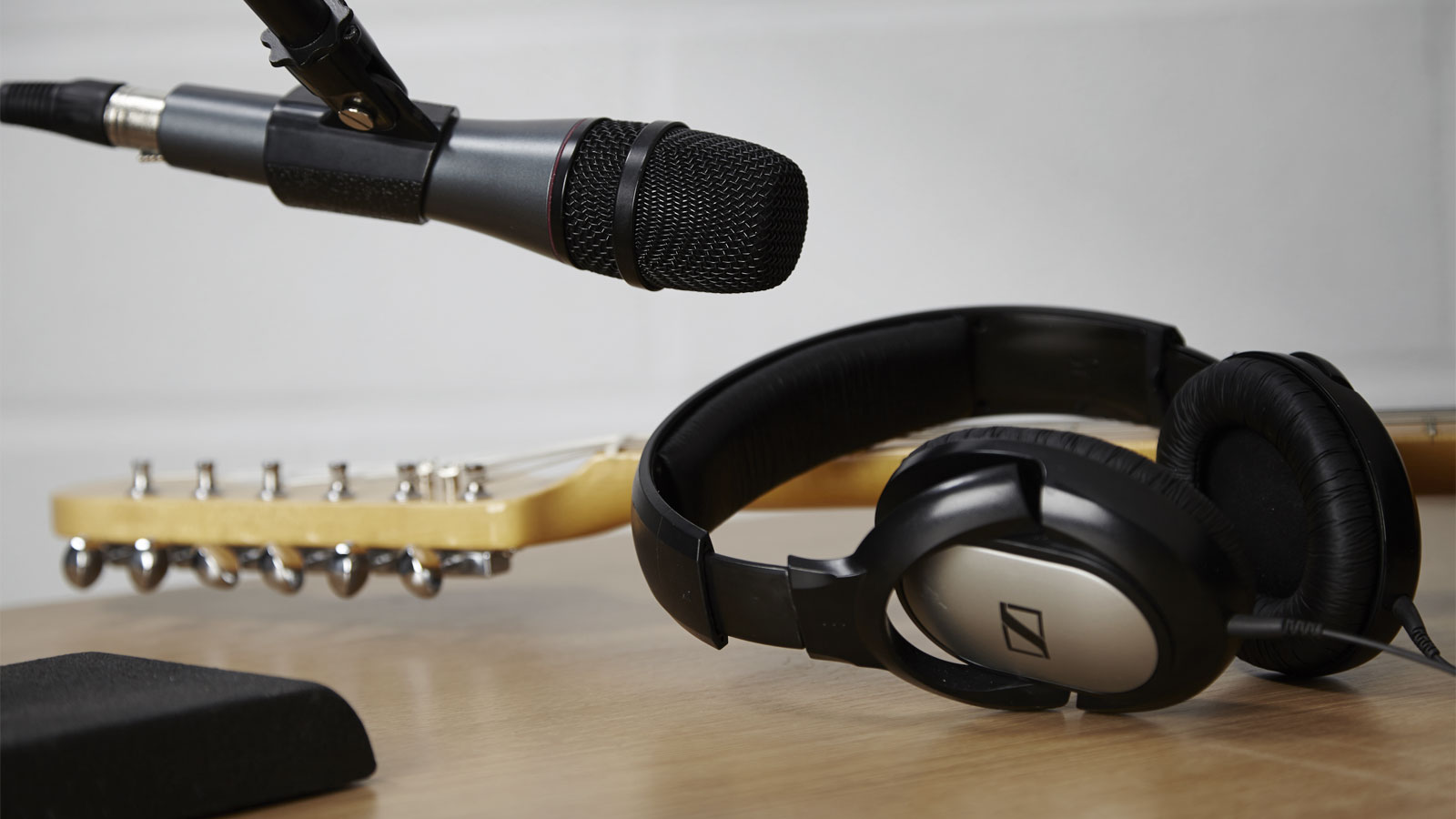
8 tips for successful remote sessions
Ollie's essential advice on getting started as a remote session musician
Get set up
You'll need an audio interface (or way of recording your guitar), a microphone for acoustic guitars and some good-quality amp models (hardware or software) as a minimum. You'll also need a computer and internet access, but as Ollie says, don't get too hung up on gear.
"I did a whole solo album on my old PC - a £300 PC World laptop. So it can totally be done, you don't have to buy the top-grade stuff. And the other thing is, half the tracks I've laid down, they don't need the most amazing tone you can ever imagine. Half the time clients want something that sounds a bit nasty or rough, because that's the vibe they're after."
"I think tone is really important - I don't mean a pure valve tone - I just mean a good sound"
Understand your gear
You might not need the best guitar or flashiest outboard gear, but you will want to spend some time learning how to get the best from what you've got.
"I think tone is really important - I don't mean a pure valve tone - I just mean a good sound. Whatever it is, if you understand your gear you can get a good sound. I think as soon as they hear your sound, they're pretty much sold."
Play for the song
When it comes to recording other people's tunes, leave your ego at the door and forget the noodling.
"That's what people want to hear - an acoustic part strumming through their song or an electric rhythm part. They don't usually want a blistering solo these days, you don't hear blistering solos on the radio. People just want to hear their track with guitars on."
And play it properly
Time correction? Digital editing? It's no replacement for a well-played part, Ollie reckons.
"I was always a bit guilty of not playing the part right and then fixing it. Whereas now I'd much rather learn to play it well, and only edit it if I really have to. It's the best way, but it's tempting to get used to the whole studio thing and overuse it. Even if you have to play the same riff or groove for three minutes, it's always better to play it rather than loop it or copy and paste."
Get your online profile sorted…
Having a website and social media profiles will be key to getting work. It's your shop-front for potential clients and will give you a chance to showcase your talents.
You can also point people to your services through ads on sites such as Gumtree, Meet & Jam and airgigs.com. However, keeping it simple is the easiest way to get started.
"I made a mistake when I first made my website. I asked a designer to do me a design and then a web builder to make it. It ended up costing me much more than it should have done, whereas if you just use a WordPress template, it's so easy. I did mine in a few hours just by watching some tutorials online and I had a website that I was able to control.
"People don't ask you to work for them based on your website, they ask because of your sound. So having a showreel, and getting your personality across - maybe with a video - is important as well."
...But don't get distracted by it
Use your social media reach to attract clients, and keep people up-to-date about your latest musical adventures, but don't let it steal your focus.
"It's easy to get YouTube, Facebook, Twitter, etc, set up, but it's also easy to spend too much time on it and get distracted, worrying about what other people are doing. Getting your own thing out there, being confident about it and saying 'This is me, this is what I can do', I think that's better. It's more important to practise!"
"The more information you get in advance, the better it's going to be and the quicker you'll be able to do it"
Get as much info as possible
A happy customer is a repeat customer... hopefully. So get a brief about what the client is expecting, and it'll make for a smooth session.
"Getting a clear idea of what they want, and having a conversation rather than just emails, about what they want is a good idea. The more information you get in advance, the better it's going to be and the quicker you'll be able to do it."
Don't get caught out
Once you've finished, you'll need to deliver the tracks. Avoid getting stitched up by only sending short sections of the song to show the part you've recorded, then send the full, isolated tracks once you get the fee.
"You can send an MP3 of the track with your guitars in it, but not send the stems until you've been paid."
Total Guitar is Europe's best-selling guitar magazine.
Every month we feature interviews with the biggest names and hottest new acts in guitar land, plus Guest Lessons from the stars.
Finally, our Rocked & Rated section is the place to go for reviews, round-ups and help setting up your guitars and gear.
Subscribe: http://bit.ly/totalguitar


